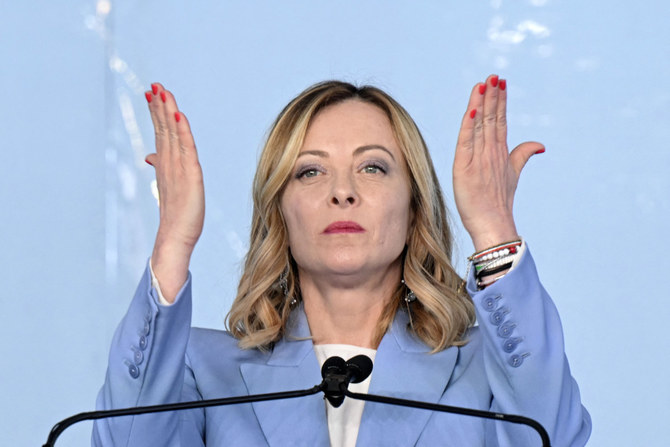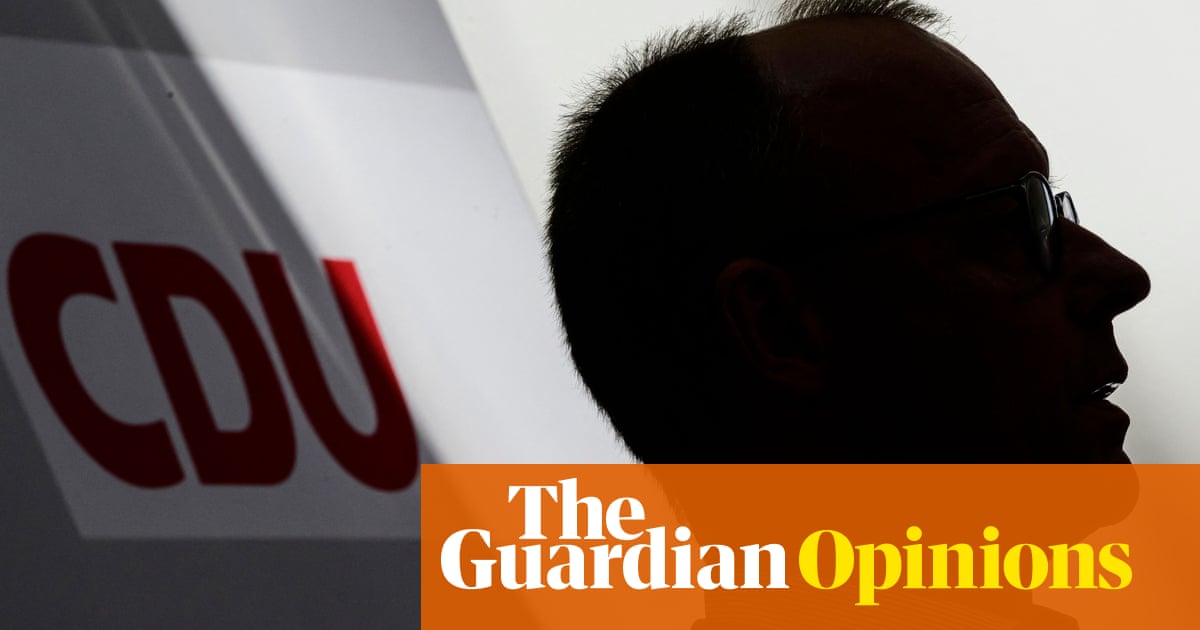
Left and liberal pro-EU politicians have welcomed the defeat of Slovenia’s rightwing populist prime minister, Janez Janša, to a political insurgent who has pledged to restore “normality” to the central European nation.
With nearly all ballots counted, political newcomer Robert Golob gained nearly 35% of the vote for his Freedom Movement launched in January. He is expected to form a government with the support of smaller leftwing groups, ending the hard-right government led by Janša, who styled himself on Hungary’s autocratic leader, Viktor Orbán, and took nearly 24% of the vote.
Pro-EU politicians reacted with delight to Golob’s victory, which emerged as Emmanuel Macron beat his far-right rival, Marine Le Pen to take a second term as French president. “These results are a bloody nose for illiberals and a chance to make Europe stronger,” said Stéphane Séjourné, a Macron ally, who leads centrist MEPs in the European parliament. “The EU [and] Slovenia is better off without the rightwing populist Janez Janša, who attacked the free press [and] democratic institutions in Slovenia,” Séjourné said.
The leader of the Socialist group in the European parliament, Iratxe García Pérez, said Slovenians had “chosen change” and no longer wanted the “populist and authoritarian” Janša leadership. “The Freedom Movement now has the opportunity to usher in a new era with a centre-left government that fully supports EU values,” she wrote.
During Janša’s two-year government, Slovenia has experienced the sharpest democratic decline in eastern Europe and Central Asia, according to Freedom House. While the NGO noted that political rights and freedoms were “generally respected” it said Janša’s government had made “continued attempts to undermine the rule of law and democratic institutions, including the media and judiciary”.
Florian Bieber at the University of Graz said it was a positive result for the EU. “Janez Janša has been a very disruptive figure, not just in Slovenia” he said. “He encouraged the idea that he could export [Orbán’s] model of government to other countries and that has certainly been defeated in Slovenia and that is encouraging, so it suggests the limits of Orbán’s appeal.”
Nika Kovač, director of the 8 March Institute, an NGO that ran a voter mobilisation drive, said that on Monday “we woke up in a radically different Slovenia. It was a decision about which country we want to live in. I think people were voting not just for the party, but for the direction we need to go.”
Turnout reached 70% of the 1.7 million electorate, much higher than the 52% of the previous election in 2018.
Kovač said she had faced online abuse, including death threats and attacks on her appearance, from Janša supporters. The 8 March Institute that she leads is calling on the new government to pass an “omnibus law” that would repeal 11 decisions taken by the National Assembly during Janša’s term, including measures to safeguard the autonomy of police and bolster the rights of environmental campaigners in court proceedings.
Janša, leader of the Slovenian Democratic party, returned to power in March 2020, after two previous stints in office. He regained power when the previous centre-left prime minister resigned, saying he did not have enough votes to pass important legislation.
The rightwing populist, who used Twitter to launch ad-hominem attacks on journalists, soon ran into conflict with the EU. For much of 2021 his government withheld funds from the Slovenian Press Agency, resulting in the organisation losing 10% of its journalists. He criticised the judiciary and claimed without evidence that the constitutional court was responsible for coronavirus deaths, after judges ruled that his government’s Covid-19 legislation was incompatible with the constitution.
“He was pretending he was Orbán who has an outright majority, which he [Janša] never had, so in a certain way he was overplaying his hand,” said Bieber. The political scientist added that Janša remained within the margin of his previous electoral score, so “it’s not that he lost a lot”.
Janša was one of the first EU leaders to visit Kyiv after the outbreak of war, but this failed to help him at the polls, said Bieber. “There is a limit for populist nationalist conservative politics in Slovenia. That you can’t really win elections with that alone.”
During the campaign Golob promised to restore “normality” and billed the elections as a “referendum on democracy”. The former energy executive, who ran a company promoting solar power, is also calling for a green energy transition.
Analysts say it remains to be seen whether Golob can overcome the difficulties that have beset previous political startups on the centre-left, which have fizzled out amid infighting and organisational problems.
“The problem with these kind of parties is that they don’t have apparatus, they don’t have experience, they don’t have knowledge how to run governmental policies and this after a year or two could create a lot of tensions,” said political analyst Miha Kovač, who is the father of Nika Kovač. “There is a serious danger that Slovenia will become politically unstable in a year or two,” he said.
Meanwhile Janša, one of Slovenia’s longest-serving politicians, is expected to continue to lead his party. “He is irremovable, he is there for eternity,” said Miha Kovač. “He is the most experienced person in the Slovenian parliament. He will take a holiday now, I assume, and then he will wait for his chance to jump in when he sees the first sign of governmental coalition falling apart.”











